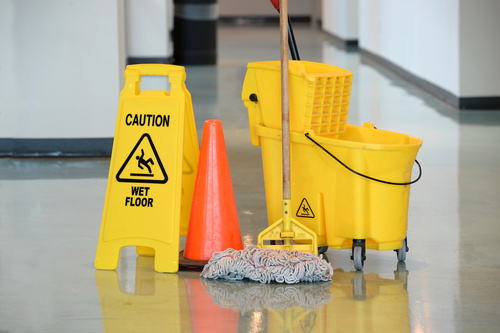If you don’t have the startup funds to starting a cleaning business in NC, consider becoming a large cleaning services company franchisee. This will allow you to begin working and generate revenue quickly.

You must choose a name, get the necessary paperwork, and find out if you need a license. You’ll also need to purchase business insurance.
Legal Requirements
Whether you want to start a commercial cleaning business or a residential one, it’s essential to understand the legal requirements. This includes registering your business, obtaining required permits and licensing, and hiring and training staff. You should also develop a strong marketing strategy and set competitive prices.
Register your business name with the Department of State (DOS) and apply for an Employer Identification Number (EIN). You should also contact city clerks in the municipalities where you will work to find out if local licensing requirements exist. For example, you must register a fictitious name (DBA) or LLC in Rhode Island.
Create a business plan with a mission statement, company protocol, policies, and marketing strategies. Then, research your competitors and create a pricing structure that meets your needs. Lastly, determine your startup costs and prepare financial projections for the first few years of operation. These projections will help you determine if your cleaning business is profitable and provide a foundation for selecting the proper pricing for your services.
Business Licenses
In addition to a business plan, a cleaning company will need other state and city licensing documents. These may include a surety bond, sales tax permits (if applicable), and an Employer Identification Number.
Some states, counties, or cities also require an occupational license for the cleaning industry. Likewise, some places need workers’ compensation insurance. Additionally, if you operate under an assumed or trade name, you must register it with the county clerk.
An EIN is required if you hire employees or open a bank account for your cleaning company. The IRS offers an online EIN application. If you’re a sole proprietor, a home-based business, or an LLC, you can apply for an EIN through the secretary of state.
Insurance
Depending on the location, state or local law may require you to carry liability insurance. If you’re working in clients’ homes, it’s also essential to have property damage coverage. Without the proper insurance, you could be liable if something goes wrong while cleaning.
Once you’ve obtained all the necessary permits and licensing, bought your supplies, and established a brand name, it’s time to find clients. An excellent way to do this is by posting fliers around your area and visiting businesses or residents to offer discounted or trial cleaning prices.
If you’re using personal funds to start a cleaning business, transfer them into a separate bank account before beginning operations. You might also consider applying for a small business loan or crowdfunding. Another option is to take out a personal credit card with a low-interest rate. However, this is risky and should only be used as a last resort. A better option is to use a customer relationship management (CRM) program, which allows you to manage client accounts, schedules, and more.
Marketing
A marketing plan is an essential part of the startup process. It helps you consider your business’s purpose, market, and finances. It also identifies your goals and the resources you need to achieve them.
Start networking with local companies and homeowners. Search for groups in your area that focus on your target market and attend them regularly. Introduce yourself and your services, and offer discounts to anyone who refers you to a business.
Consider advertising on social media. Create business profiles on Facebook, Instagram, and Twitter, as well as newer platforms like TikTok. Posting ads on these platforms will help you reach more potential clients.
Ensure you have general liability insurance, which protects you if you or an employee are injured while cleaning a customer’s home or office. You may also want to add care, custody, and control coverage for items left in your employees’ respect. This is an essential policy for cleaning businesses that provide janitorial or maid services.

